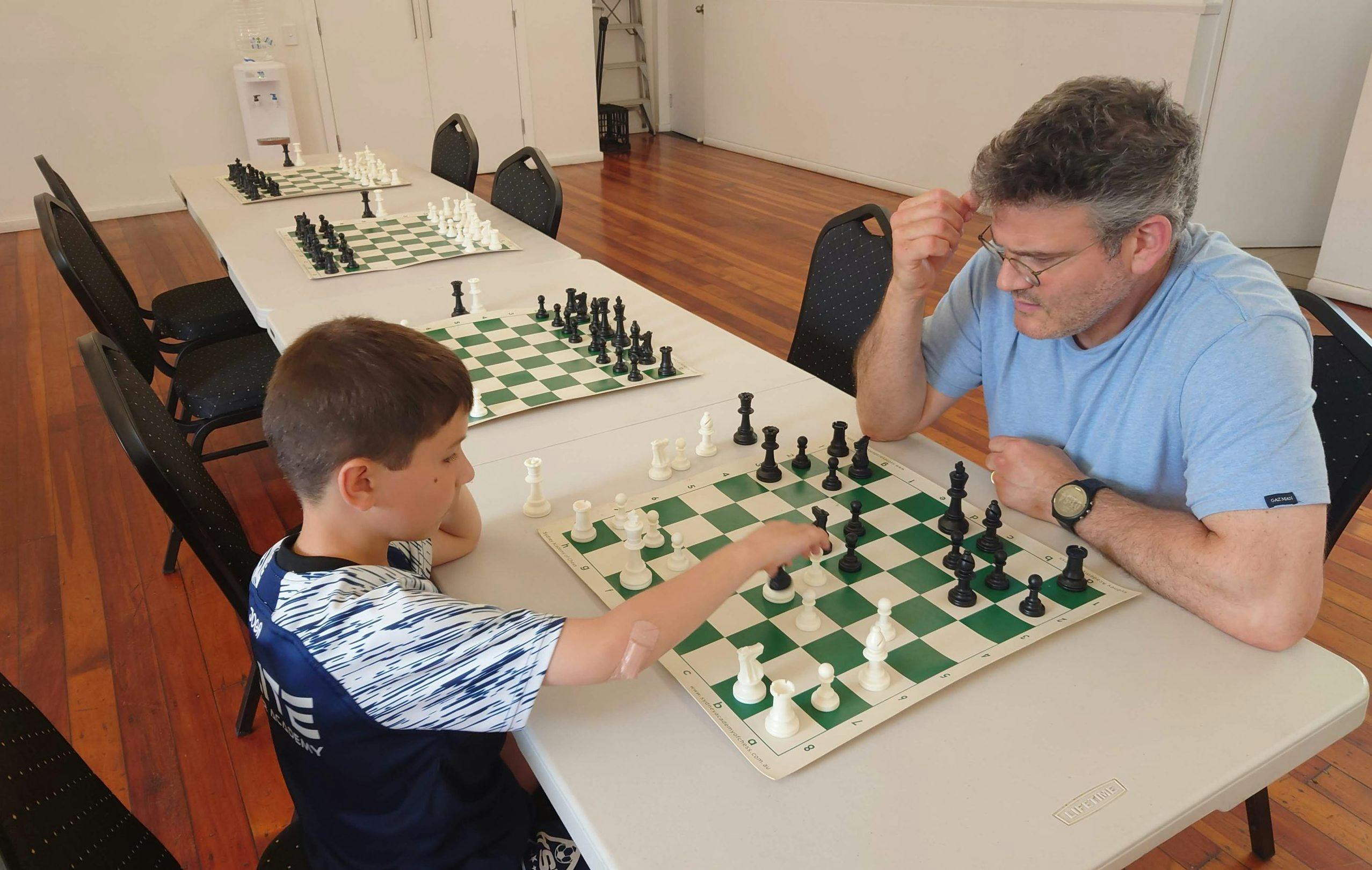Published: 28 February 2024
Last updated: 21 March 2024
Researchers extrapolate from the survey that there could be 75,000 incidents a year of antisemitism in government schools alone.
A study of 510 teachers and teacher managers in Australian public schools has found nearly a quarter have either experienced, witnessed or been informed of an antisemitic incident.
Of those surveyed, 20% said they had been informed of an incident, 12% said they had witnessed one, and 1% said they had been a victim of antisemitism. Answers to the three questions were not mutually exclusive and 24% answered yes to at least one question.
The researchers say extrapolating from the national representative sample suggests an average of 75,000 antisemitic incidents per year in government schools across the country. They focused on government schools for pragmatic reasons but noted there was evidence of similar cases in independent schools.
The Antisemitism in Australian schools study was conducted in November, in the wake of the October 7 attack and the start of the Israel-Hamas war in Gaza, although it was designed prior to the attack. It was commissioned by the Blueprint Institute, a Liberal Party-aligned think tank.
"A rise in antisemitism — or indeed the vilification or dehumanisation of any minority group — have been shown to be leading indicators of democratic backsliding."
Antisemitism in Australian Schools research report, Blueprint Institute
The researchers used the IHRA working definition of antisemitism, including cases where “legitimate criticism of Israel morphs into irrational hatred of Jews” and noted a key issue prompting antisemitism was the conflation of the political with the personal.
They blamed the school environment for some aspects of antisemitism, observing apathy towards antisemitism amongst some members of the teaching workforce and poor pedagogical approaches to teaching the Holocaust.
They also blamed the influence of social media in spreading and normalising antisemitic content and, in some cases, cultural influences from home.
The researchers recommended:
- the use of student surveys to identify hotspots
- industrial policies which put the onus on teachers
- anti-bullying programs starting in primary schools
- targeted programs for specific cohorts
- education programs for teachers focused on understanding antisemitism and Jewish history
- involving communities and families
- improving Holocaust education
- including understanding of contemporary forms of antisemitism in the Personal Development, Health and Physical Education curriculum.
The most prevalent form of antisemitism reported included the use of Nazi symbols, or otherwise invoked Nazi Germany or the Holocaust. A significant proportion of incidents were of a less overt form, including the use of antisemitic jibes specifically in the playground or other social setting, and the use of antisemitic stereotypes.

Incidents were more common in secondary schools than primary schools, and boys were the most common offenders.
The researchers noted the prevalence of antisemitism was of concern for all Australians.
“A rise in antisemitism — or indeed the vilification or dehumanisation of any minority group — have been shown to be leading indicators of democratic backsliding, and deteriorating levels of social cohesion. These are issues of critical importance to all Australians, regardless of race, background, or religion,” said the report.
RELATED STORIES
WATCH: War in Gaza to dominate ASIO's annual threat assessment (SBS)
Analysts say there's growing evidence extremist groups from right across the spectrum have been using the conflict to galvanise their supporters.
Restaurants outside of Palestine and Israel are being attacked in protest of the war (The Conversation)
Scholars highlight the long-standing trend of restaurants being attacked, physically or virtually, on social media, in relation to sociopolitical events.
Mob reported to attack abandoned synagogue in Tunisia’s Sfax (Times of Israel)
Local reports say rioters set fire to several trees in synagogue’s courtyard, in second attack on a Tunisian synagogue since October 7





Comments
No comments on this article yet. Be the first to add your thoughts.